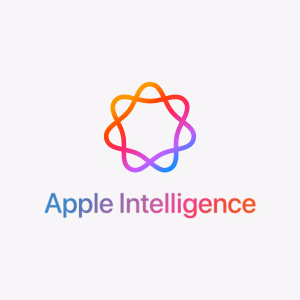OpenAI’s SearchGPT aims to merge conversational AI with traditional search engine functionalities, providing users with immediate, relevant answers and clearly sourced information. This blend of technologies represents a significant shift from conventional search engines, which typically require users to sift through multiple links and sources to find their desired information.
Key Features of SearchGPT
- Conversational Capabilities SearchGPT can understand and respond to queries in a conversational manner, making it more intuitive and user-friendly. It can handle follow-up questions, maintaining context across multiple interactions, which enhances the user experience and efficiency.
- Real-Time Information Unlike previous iterations of AI, SearchGPT fetches up-to-date information directly from the web. This capability ensures that users receive the most current data available, which is particularly useful for rapidly changing fields like news, technology, and finance.
- Source Attribution OpenAI has emphasized transparency and source credibility in SearchGPT. Responses include in-line, named attributions and links, allowing users to verify the information’s origin. A sidebar with additional source links further supports thorough fact-checking and exploration.
Currently, SearchGPT is available to a select group of users and publishers, with OpenAI actively seeking feedback to refine the product. This prototype phase is crucial for identifying and addressing any potential issues before wider deployment.
OpenAI plans to integrate the best features of SearchGPT into its popular ChatGPT platform, enhancing its overall utility.

Impact on Publishers & Content Creators
OpenAI has reassured publishers and content creators of its commitment to supporting a thriving ecosystem. SearchGPT includes tools for publishers to manage how their content appears in search results, even if they opt-out of generative AI training.
This balance aims to maintain the integrity of original content while providing users with direct access to high-quality information.
- Monetization and Advertising One significant challenge for SearchGPT is how it might impact the current ad-based revenue models of many websites. By providing direct answers within the search interface, users might click less on source links, potentially reducing ad revenue for content creators. OpenAI’s approach to addressing this concern will be crucial for gaining broader acceptance among publishers.
- Data Privacy and Security As with any AI-powered system that interacts with vast amounts of data, privacy and security are paramount. OpenAI must ensure that SearchGPT adheres to strict data protection standards, preventing misuse and maintaining user trust.
- Accuracy and Bias Ensuring the accuracy and impartiality of SearchGPT’s responses is another critical aspect. AI models can inadvertently perpetuate biases present in their training data. OpenAI needs to implement robust mechanisms to detect and mitigate these biases, ensuring fair and balanced information retrieval.
The success of SearchGPT will depend on how effectively it can address the challenges of monetization, privacy, and accuracy.
The ongoing evolution of AI and its integration with web search is set to bring about a more efficient, user-friendly, and transparent way of accessing information.









